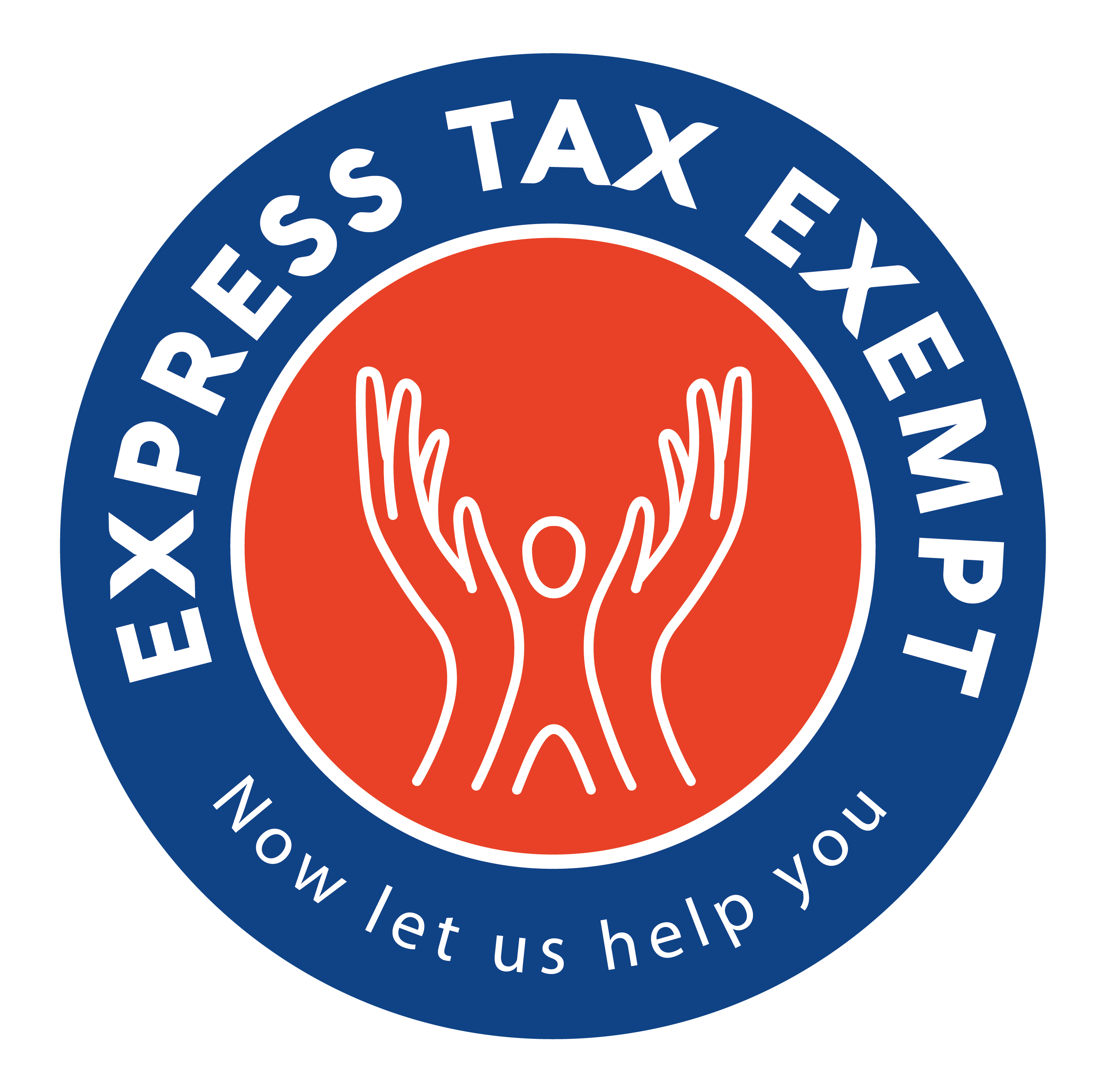What You Need To Know About Filing For Exempt Status With The IRS
As a non-profit organization, it is imperative that you file and maintain your tax-exempt status with the IRS. Since filing for your tax-exemption status is a detailed process we are sure you have a few questions. To avoid spending hours searching for accurate information, we have researched for you, so here is everything you need to know about filing for your tax-exemption status.

What You Need To Know About Filing For Exempt Status With The IRS
Here are the top seven questions most nonprofit leaders have when it comes to filing for exemption status. All information shared has been provided directly from the Internal Revenue Service at www.irs.gov:
1) Nonprofit and Tax-Exempt Status…Is There a Difference?
Nonprofit status is a state law concept. Nonprofit status may make an organization eligible for specific benefits, such as state sales, property and income tax exemptions. Although most federal tax-exempt organizations are nonprofit organizations, organizing as a nonprofit organization at the state level does not automatically grant the organization exemption from federal income tax.
To qualify as exempt from federal income tax, an organization must meet requirements outlined by the Internal Revenue Code.
2) How Can My Organization Be Recognized as Tax-Exempt?
To be recognized as exempt from federal income taxation, most organizations are required to apply for recognition of exemption. For section 501(c)(3) organizations, the law provides only limited exceptions to this requirement.
Applying for recognition of exemption results in formal IRS recognition of an organization’s status, and may be preferable for that reason.
3) What Form(s) Should I File For Exemption Status?
Most organizations must file one of the following specific Forms to receive tax-exemption status:
- Form 1023, Application for Recognition of Exemption Under Section 501(c)(3) of the Internal Revenue Code (for charitable organizations; see instructions)
- Form 1024-A, Application for Recognition of Exemption Under Section 501(c)(4) of the Internal Revenue Code (instructions)
- Form 1024, Application for Recognition of Exemption Under Section 501(a) (instructions).
Click here to find out which application your organization is required to submit.
4) Where Should Exemption Applications Be Sent?
Send your completed exemption application to the address stated in the instructions to the application form:
Internal Revenue Service
P.O. Box 12192
Covington, KY 41012-0192
Express mail or a delivery service address:
Internal Revenue Service
201 West Rivercenter Blvd.
Attn: Extracting Stop 312
Covington, KY 41011
5) Can My Application Be Expedited?
Generally, applications are processed in the order received by the IRS. Sometimes, however, the IRS will expedite the application process for valid, compelling, and legitimate reasons.
A request for expedited processing must be made in writing and must fully explain the reason. Reference Expedited Application Processing for more information.
6) Is it Required That My Organization Has a Tax-Exempt Number?
No, unlike some states that issue numbers to organizations to indicate that these organizations are exempt from state sales taxes, the IRS does not issue numbers specifically for exempt organizations. While the IRS does issue Employer Identification Numbers (EINs), these are merely a unique identifier, similar to a Social Security number.
Applying for and receiving an EIN does not indicate an organization’s tax status; however, your organization needs an EIN to apply for tax exemption.
7) Do Government Entities Need To Apply For Exemption?
Most state and local government entities are not required to pay federal income tax. For non-tax reasons, though, government entities are sometimes asked to provide a tax-exempt number or determination letter to prove their status as a tax-exempt organization.
State and local governments are not required to apply for this exempt status, however. As discussed in ‘Affirmation of Your Tax-Exempt Status,’ the IRS will issue a letter describing the tax status of government entities. Most organizations and individuals will accept this letter as the substantiation that they need. No application is required, and no fee is associated with this letter.
Now that you have what you need to know about filing for exemption status be sure to sign up for your free ExpressTaxExempt account to handle all of your Form 990 tax filing needs! Sign up today and maintain tax compliance with ease!



